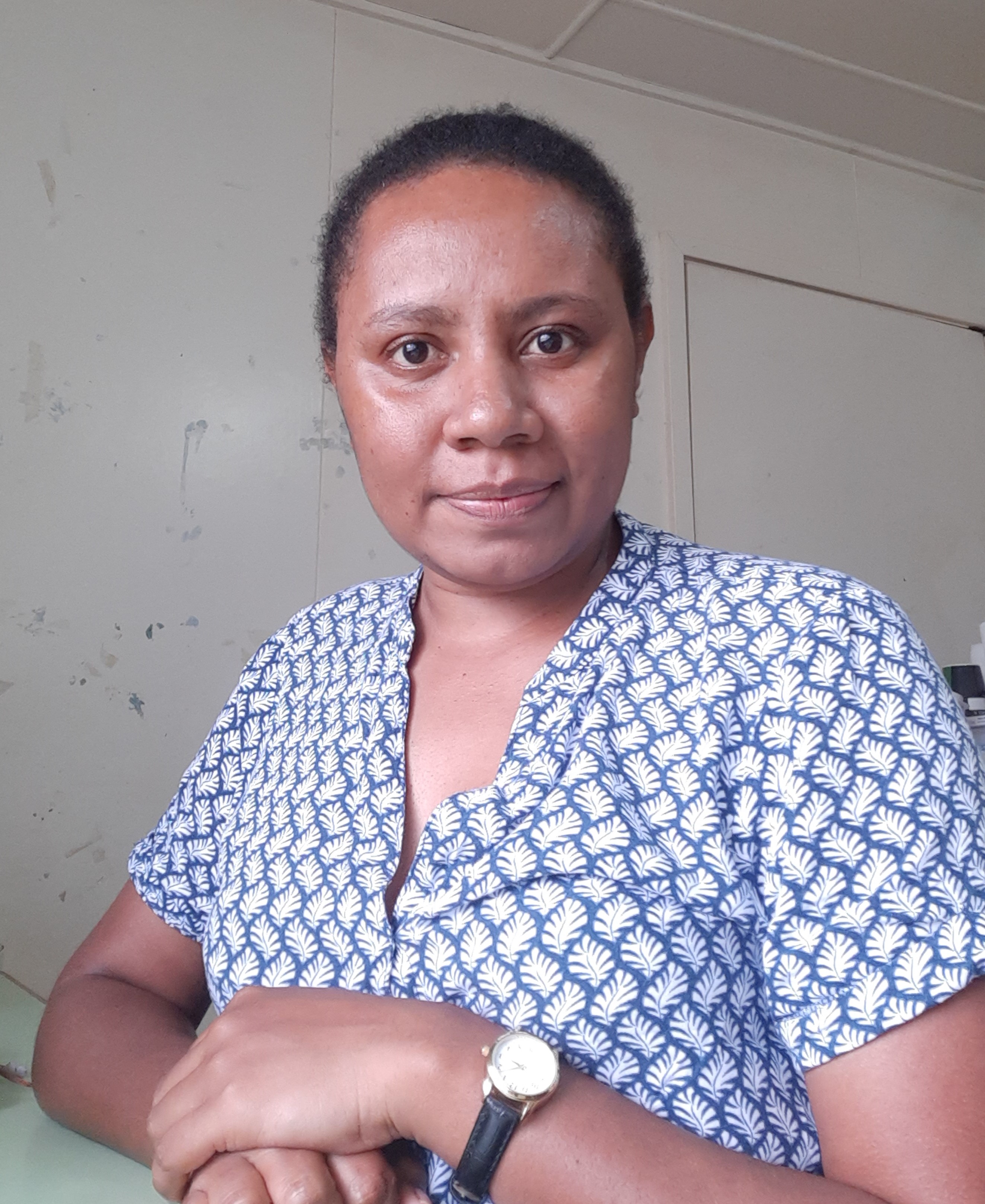Search

News & Events
Latest Deborah Lehmann Research Award RecipientCongratulations to Dr Paula Tesine who is the successful recipient of the Deborah Lehmann Research Award. As the third recipient of the Deborah Lehmann Research Award, Dr Tesine received $30,000 towards her research.
Registration Testimonials Registration for IIC Perth includes: 2-day lecture program with global experts in infectious diseases Course materials
Scientific Committee Chair and Vice Chair Scientific Committee Members Contact us If you'd like to get in touch, please contact Marie Nadal-Sims by

News & Events
Warm Welcome for the Neonatal Infection and Immunity TeamClinical Professor Tobias Strunk, Dr Andrew Currie and their Neonatal Infection and Immunity Team have become the newest members of the Wesfarmers Centre of Vaccines and Infectious Diseases.
The Wesfarmers Centre is pleased to announce the successful recipients for the 2018 Round 2 Seed Funding Grants. The Wesfarmers Centre Scientific
The Wesfarmers Centre is pleased to announce the successful applications for the 2018 Round 1 Wesfarmers Centre Seed Funding. The Wesfarmers Centre
The Wesfarmers Centre is pleased to announce the 4 successful applications for the 2016 Round 1 Wesfarmers Centre Seed Funding.
Research
Invasive mould infection in children – advances made or obstacles remaining?Invasive mould infection (IMI) is a major cause of morbidity and mortality in immunocompromised children. Outcomes for paediatric patients with IMI remain poor, due in part to the limitations of available diagnostic tools and therapeutic agents.
Research
“You can't heal yourself in that setting and you wouldn't expect other people in this country to”: Yarning about housing and environmental health in remote Aboriginal communitiesRemote Aboriginal communities in Australia are located on traditional lands holding deep cultural significance and meaning for residents. However, systemic inequity rooted in colonisation has driven persistent housing and health disparities, with inadequate environmental health conditions within homes and communities a prominent example.
Research
Cardiac monitoring safety assessment framework for early phase group a streptococcal vaccine trialsThis paper presents a comprehensive cardiac safety framework for early clinical development of Streptococcus pyogenes (Group A Streptococcus) vaccines, endorsed by the Strep A Vaccine Global Consortium and the Australian Strep A Vaccine Initiative. Given historical concerns about vaccine-associated acute rheumatic fever, we have established standardized echocardiography protocols integrated with clinical assessment for monitoring cardiac safety in early-phase vaccine trials.
